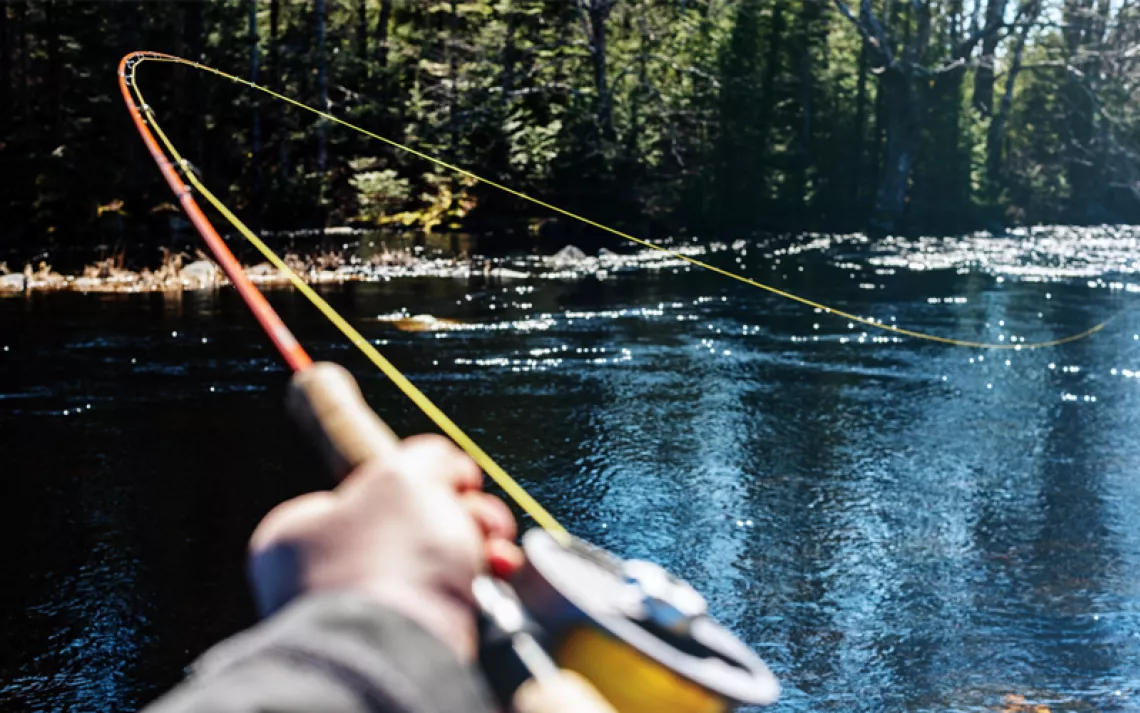Greenwashing Golf
Hitting the links this weekend at your local "green" golf course? You may want to check its bona fides first.

Hitting the links this weekend at your local "green" golf course? You may want to check its bona fides first. For a mere $200 and a self-report of green virtue—no independent on-site inspection required—some 2,300 U.S. courses have tried to hitch themselves to one of the world's most respected environmental brands: Audubon.
The golf industry had long been hammered for wasting oceans of water, using toxic chemicals, and bullying local communities. Then along came a New York group called Audubon International (A.I.), which shares only a name with the renowned bird-focused environmental group and which offers to "certify" the environmental stewardship of golf courses. Courses now happily attach the famous name to scorecards, signage, and offers for duffers to play on "Audubon approved" links and to buy McMansions beside "Audubon golf sanctuaries."
"It's patently obvious what A.I. is trying to do," says National Audubon Society CEO David Yarnold. "It's deliberate obfuscation." A.I., however, won a court judgment that the Audubon name is generic and that there's no confusion in the marketplace. Yet, admits California golf course owner George Kelley—whose course is A.I.-certified—"If they called themselves the XYZ Environmental Golf Company, they would not have had anywhere near the success they've had."
A.I. is funded by DuPont, cement maker LaFarge, Disney, and the U.S. Golf Association. Now founder Ron Dodson wants to certify chemical refineries, shopping malls, highways, even cars. Says Dodson, "We would not discriminate."
 The Magazine of The Sierra Club
The Magazine of The Sierra Club



